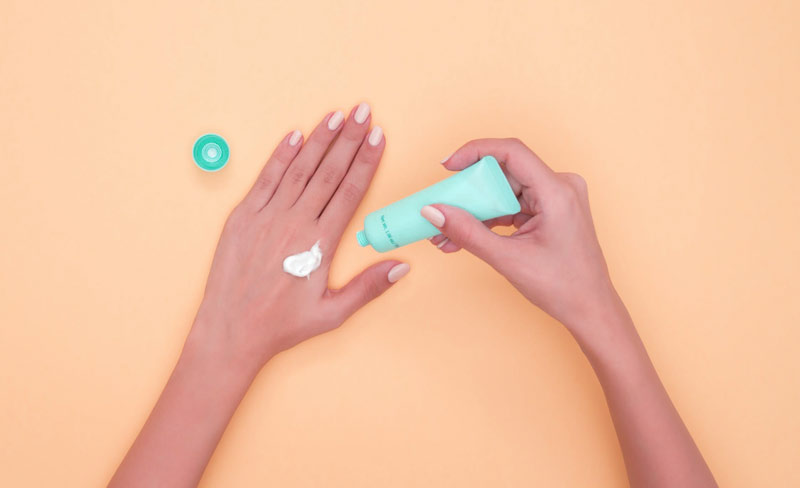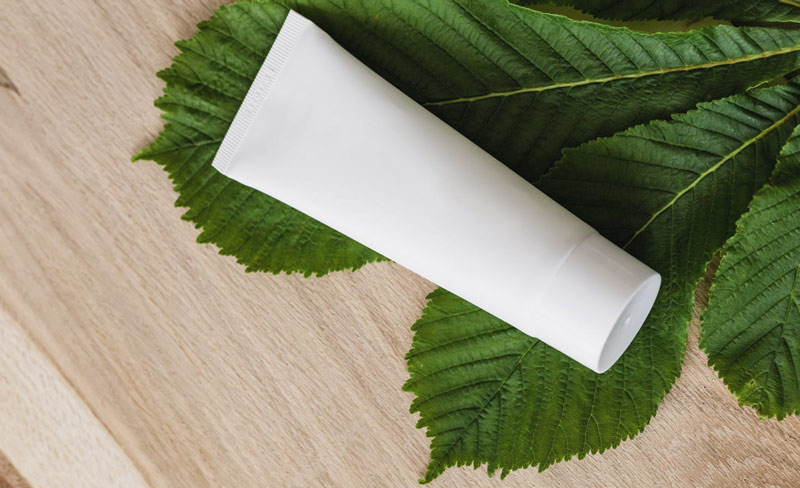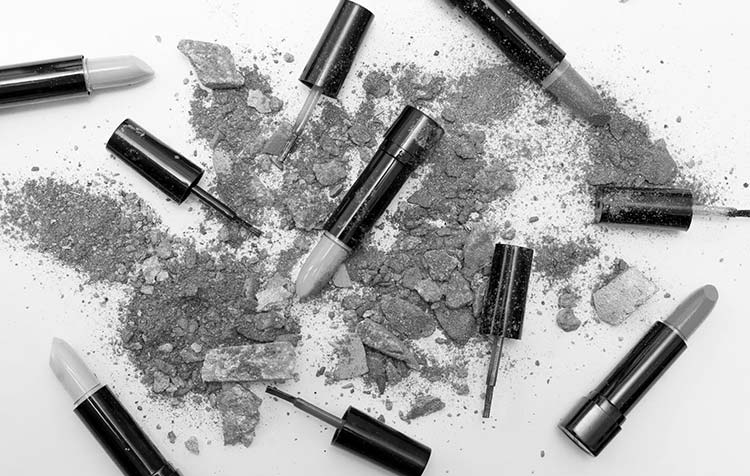Want to learn more about petroleum in cosmetics? Then you've come to the right place! The discussion about mineral oils in cosmetics has developed into a real debate in recent years. Anyone who regularly uses cosmetic products wonders why petroleum is - and is allowed to be - one of their ingredients at all. And since this is currently the case - what effect does the mixture of substances have on our skin? Is mineral oil a danger to our health? And if so, how can we recognize and replace these products?
Opinions on these questions vary widely. That's why I've made it my business to investigate this topic and answer them for you in detail in this article.
Why is there petroleum in cosmetics at all?
Petroleum in cosmetics is particularly popular with manufacturers because it is a cheap and good preservative is. Unlike many vegetable oils, it ensures the longevity of products. In addition, it is completely odorless and easy to process.
However, it goes through a extensive Filter processuntil it reaches cosmetic products. What remains is a transparent oil, which is also called white oil. This then forms the basis for many things and is used as:
- Surfactant
- Fragrance
- Preservative
- Solvent
- UV filter
As a plasticizer, it is often - like the much criticized microplastics in cosmetic products - ingredient in creams and decorative cosmetics such as mascara and eye shadow. However, it can equally be found as a solvent in make-up removers. A plus point is that these substances are likely to do not cause allergies, as they are unknown to the body.
Sounds almost too good to be true? Exactly, because they are not completely harmless.
How do petroleum products in cosmetics work?

Since the oils are not absorbed into the skin, they form a layer over it. Protective film. This prevents dehydration and the skin feels supple. However, it can thereby no longer clean itself and also the Respiratory function of the skin is interrupted. It remains in the same condition under the protective layer. The care and regeneration of the skin are therefore hindered rather than supported in the long term.
Here there is the possibility right from the start of Natural Cosmetics because it must not contain mineral oils. If you want to go one step further, you can also use make creams yourself. This is very quick and easy with this Instructions for a natural homemade skin cream. Here you can specifically pay attention to the right ingredients and do something good for your skin.
Is petroleum in cosmetics harmful?
Whether mineral oils in cosmetics are really harmful must first be proven. By law, only highly purified mineral oils that are not harmful to health may be used in cosmetics. The Suspicion that mineral oils are harmful to healthbut has existed for a long time and is obvious.
Benefits for skin care controversial
In any case, mineral oils are not healthy. Some are called "potentially carcinogenic" or "potentially mutagenic". classified. They also help in terms of skin care for a short time, but leave much to be desired in the long term.
In many cases, users speak of Acne and wrinkleswhich are caused by the interrupted breathing of the skin. These statements are then often refuted by specialists, with the reasoning that these would not be absorbed into the skin and thus would not enter the body. But in fact there are Tests that prove exactly the opposite.
Suspected negative effect in the body
Another issue is the effect of mineral oils when they do enter the body - for example, through Lip care products. According to the Results of the BfR the body processes these substances rather slowly.
There is the additional presumption that kerosenes can be accumulate in the body. Here, too, however, there are no studies on definitive adverse health effects in humans. The fact is, however, that Stiftung Warentest fails natural products in which traces of mineral oils can be detected.
Can I now use cosmetics with mineral oils?
So far, the suspicion of Harmful effect of mineral oils on health neither disproved nor proven. Although there are studies with animal experiments, these are not very conclusive in relation to humans. So you are on the safe side if you avoid these ingredients for now.
What still gives me personally to think here is the fact that the skin gets used to the artificial protective layer with too frequent use and the natural regulatory functions and regeneration processes slacken. The rule here is to support the skin rather than protect it.
If there is no other option and you have to use a cosmetic product with a mineral oil base, it is best to at least not put it on a strong irritated or open skin to apply.
As a final point, I would like to mention the Environmental factor of mineral oils name. These cannot be degraded and are therefore not harmful to the skin, but are clearly harmful to the environment.
Designations - How to recognize petroleum in cosmetics?

If you care about what products you put on your skin, you should look at certain designations of petroleum in cosmetics. Some of these are quite clear (mineral oil or mineral oil). Others, however, are hidden behind names that at first glance mean nothing to you and sometimes sound complicated. If you find these on the List of ingredients of a product it is better to resort to another cream. To make it easier for you, here is a list of the most common names:
- Petrolatum (liquid)
- Paraffinum
- Liquid kerosene
- C18-70 Isoparaffin
- Cera Microcristallina
- Petroleum Oil
- White (Mineral) Oil
- Microcrystalline Wax
- Ozokerite
- Ceresin
- Vaseline
Purchasing consciously is already half the battle! Unfortunately, many manufacturers continue to resort to cheap and easily processed ingredients. In doing so, they do not pay attention to the effects and thus petroleum in cosmetics is not uncommon. Here it helps, as a customer one's own power to act to take advantage of the opportunities, buy consciously and sustainable natural cosmetics brands to support.
Tip: Helpful is also a Check via Codecheck App, that detects and displays such ingredients.
Petroleum in cosmetic products - time for natural cosmetics!
If you don't want an oil catastrophe in your bathroom, you should look carefully at cosmetics and care products. Avoid products containing petroleum and use creams and lotions based on vegetable oils instead.
Vegetable oils do not come from the risky extraction of finite resources, but are the product of renewable raw materials. They are biodegradable. Their composition resembles skin's own substances, they are skin-friendly and nourishing. Natural cosmetics manufacturers use only vegetable oils and natural ingredients - petroleum-based ingredients are not allowed. Therefore, certified natural cosmetic products are still the best choice.
Do you have any questions or suggestions about this article on petroleum in cosmetic products? Then feel free to write me a comment under this post.
Stay healthy and sustainable,

PS.: If you want to know what ingredients like. Microplastics in the sea then be sure to take a look at the linked article.






